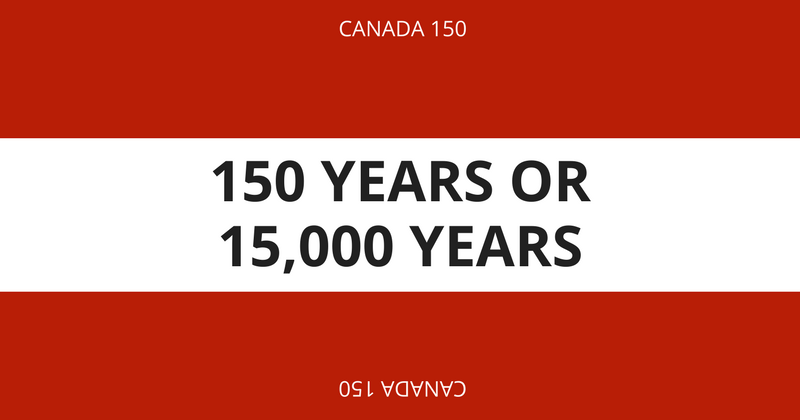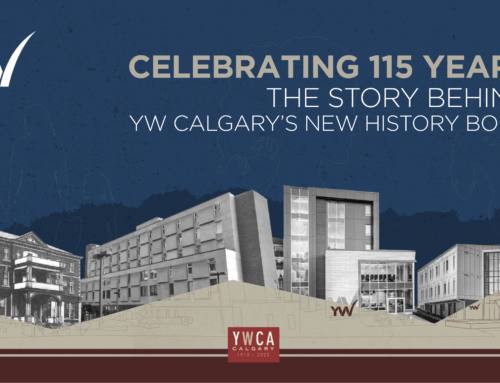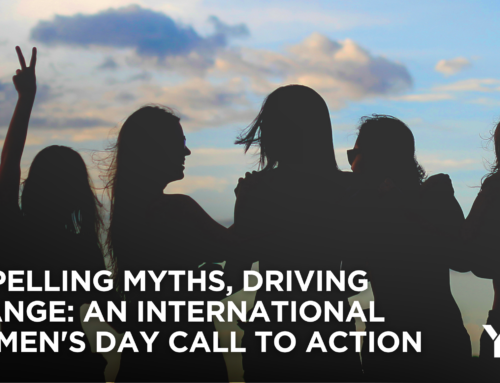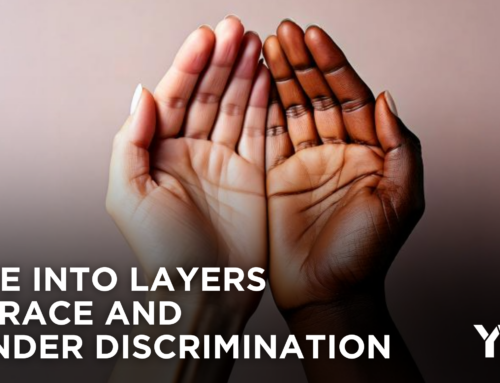Canada 150.
150 years of confederation and 150 years of complicated history with anyone who wasn’t Caucasian, a man and an Anglophone. Canada is toasting to its 150th birthday, but the celebration is complicated.
150 years ago women, Indigenous peoples and people of Asian background couldn’t vote; racism was alive and well (and legal); same-sex relationships were illegal; married women didn’t have the right to own property or sign contracts; and people with disabilities might have been killed at birth or shut away in institutions.
Today, Canada looks different. Many of the groups who were discriminated against 150 years ago share equal rights (at least on paper) with the majority. We pat ourselves on the back for a job well done and position ourselves as an inclusive and equal country.
It’s more complicated than that.
Today, in Canada, half of all women have experienced at least one incident of physical or sexual violence since the age of 16. Women continue to face a pay gap that we can no longer blame on education because women are the majority of university students.
We live in a Canada where generations of Indigenous women were seen as disposable and it took more than 1,200 women going missing before the government launched an inquiry. We know Indigenous women are 2.5 times more likely to be victims of violence and experience femicide rates six to seven times greater than non-Indigenous women.
We live in a Canada which seems to have forgotten about the ‘True North’ we pledge to protect every time we sing the national anthem: where Indigenous communities face states of emergency over suicide crises every year.
We live in a Canada where more than 100 Indigenous communities face boil water advisories and some have not known clean water for more than 30 years. Canada is a first world country with third world conditions for Indigenous communities.
We are a nation that was born from three British colonies whose constitution was put together by white, English and French speaking men. We are a nation that actively and consciously tried to eradicate other nations that were here first. We are a nation that is taking steps to try and right the wrongs of the past through reconciliation efforts. We are a nation that is slowly addressing our complicated history.
We have a long way to go before we can truly call ourselves an equal and inclusive society, but what gives us hope is that we are having hard conversations, we are inspiring action and we are beginning to recognize that the learned-history doesn’t tell the full story.
So this weekend, celebrate our heritage, celebrate the accomplishments of the last 150 years and take a moment to reflect. But when Tuesday comes around, we need to get down to work to ensure the next 150 years are better than the last.




